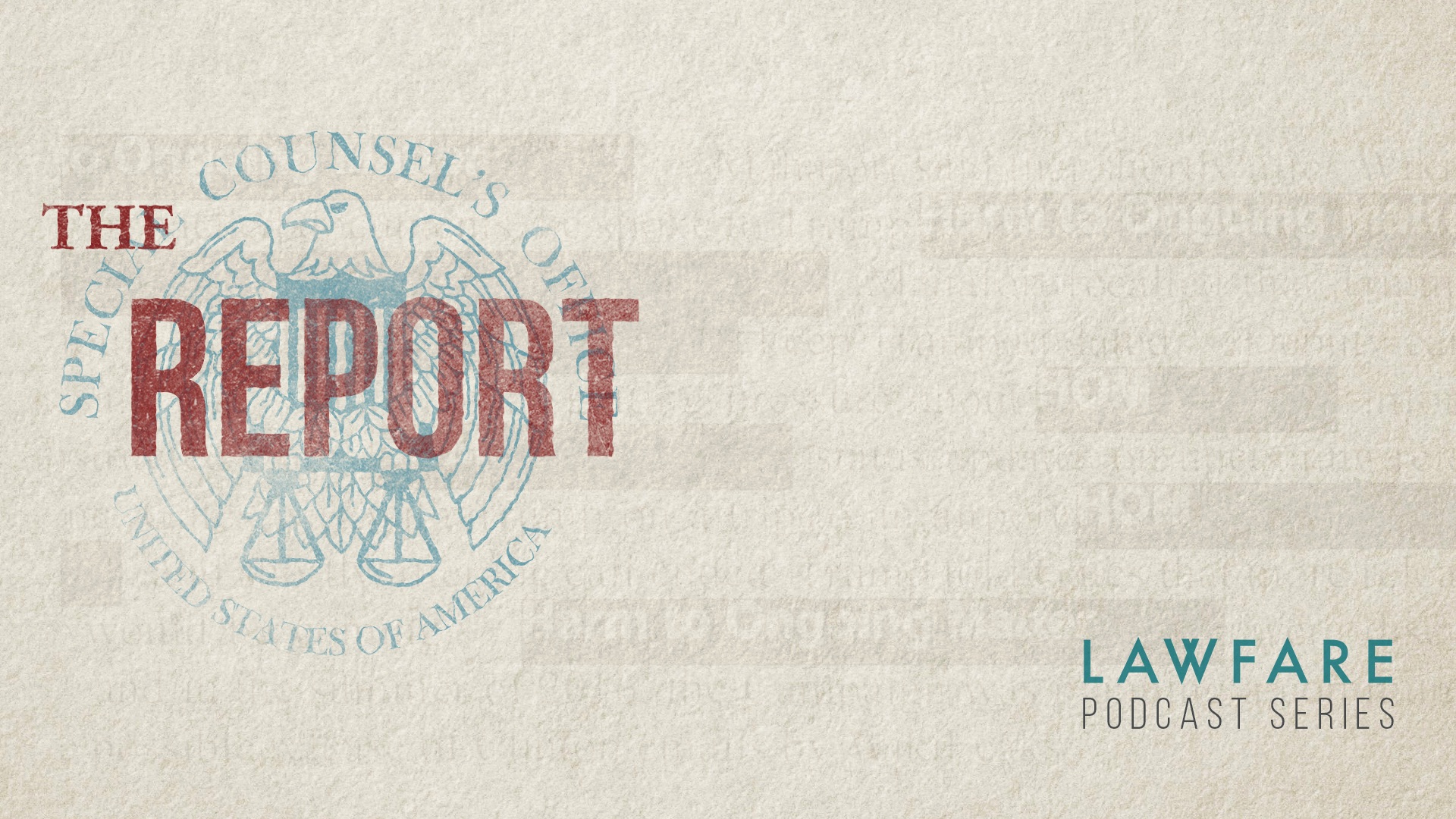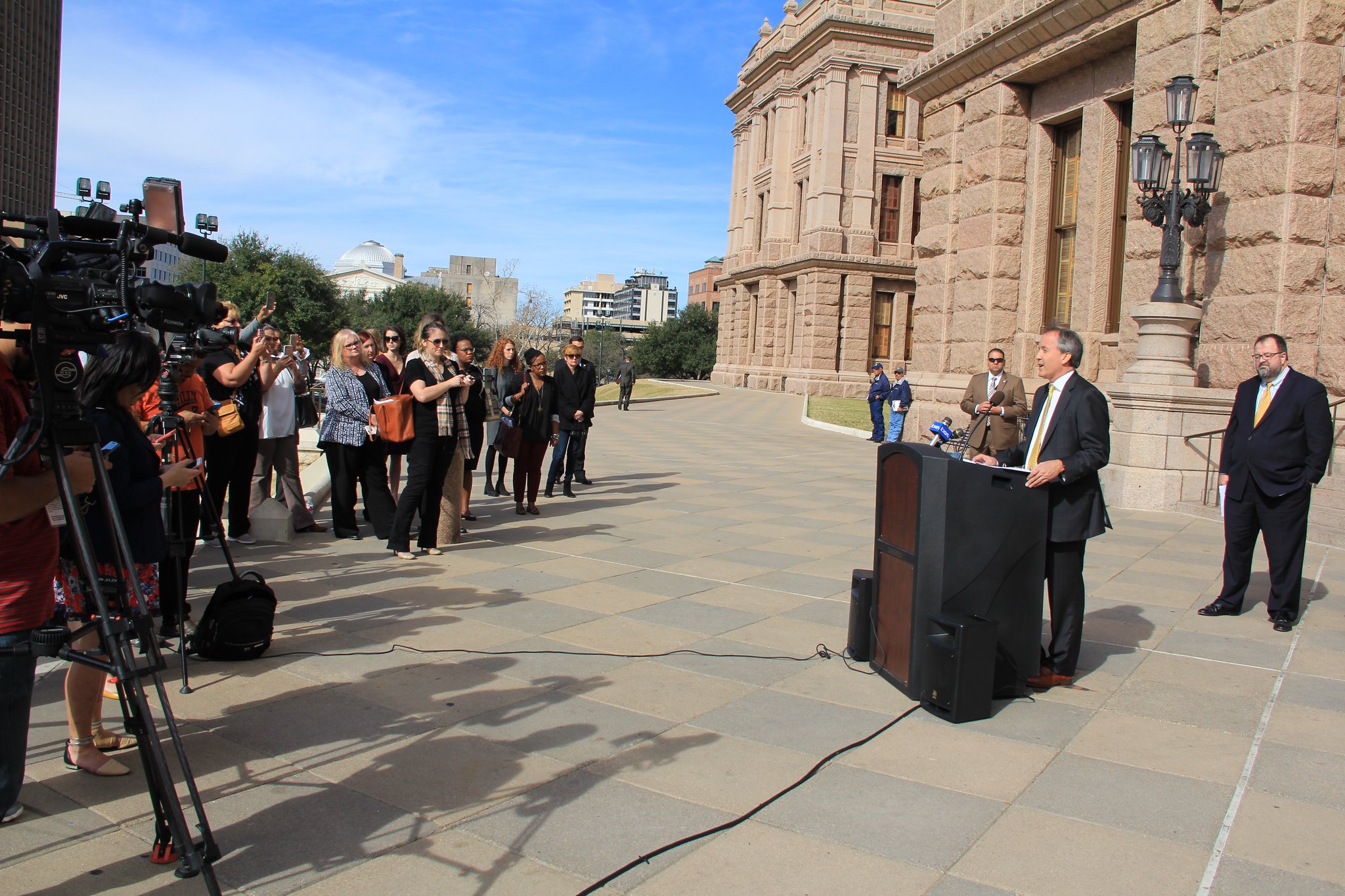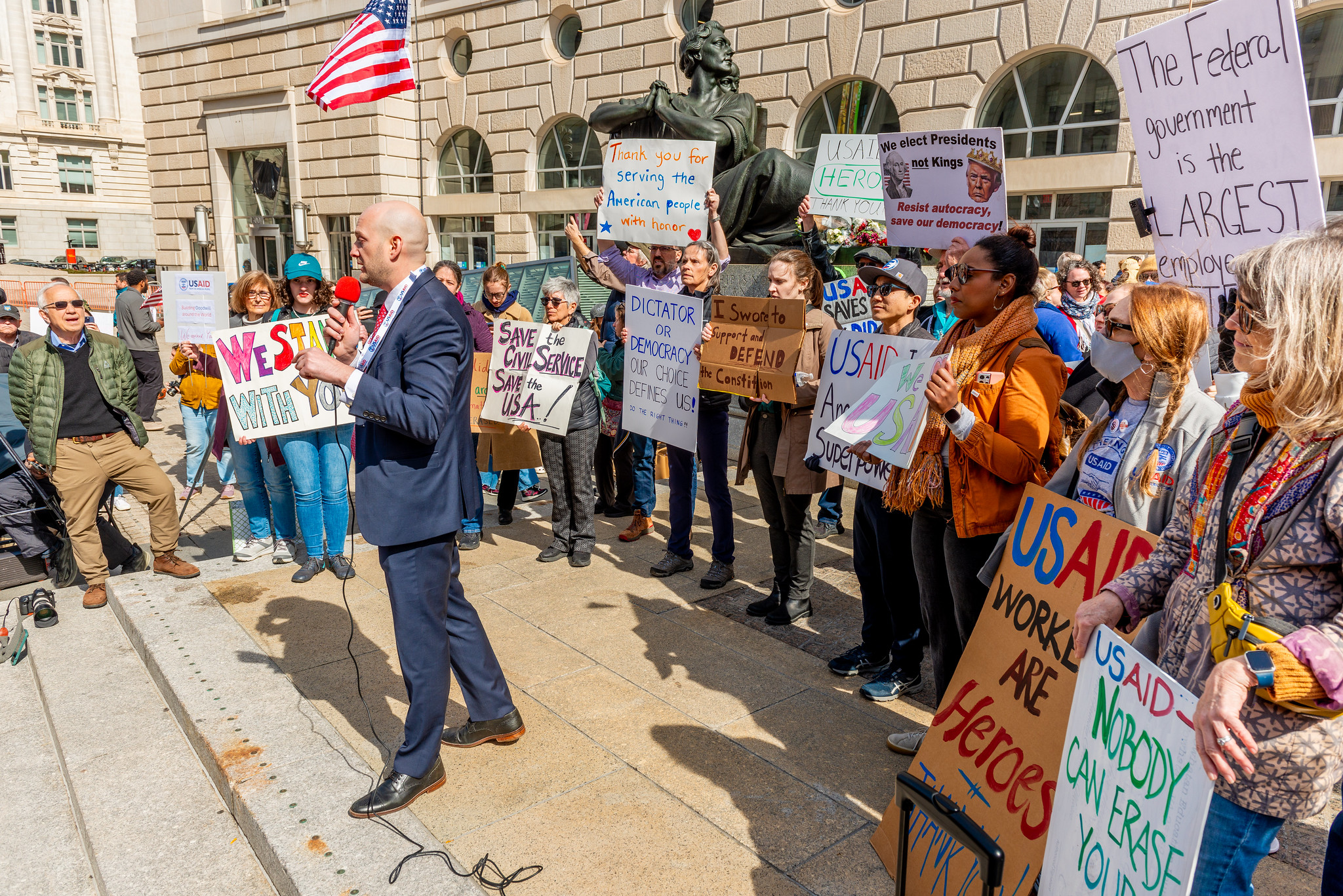The Report, Episode Three: The Campaign and the Leaks
Trump campaign officials engaged with the Russian social media manipulation operation as unwitting dupes. But the story of the Trump campaign’s involvement with the GRU email hacking operation is more complicated.

Published by The Lawfare Institute
in Cooperation With

Today, we released the third episode of a narrative audio documentary, The Report, which tells the story Robert S. Mueller lays out in his famous 448-page document.
While Trump campaign officials engaged with the Russian social media manipulation operation as unwitting dupes, the story of the Trump campaign’s involvement with the GRU email hacking operation is more complicated.
Episode 1 covers the Russian social media campaign and the activities of the Internet Research Agency. Episode 2 focuses on the Russian hacking operation; the stealing of documents and emails from the Democratic National Committee, Democratic Congressional Campaign Committee and figures associated with the Clinton campaign; and the leaks of the stolen materials timed to affect the U.S. election. The second episode tells the story of the GRU operations, the Russian attempts to cover their tracks, and the involvement of Wikileaks and Julian Assange.
Episode three is entitled "The Campaign and the Leaks." It covers the Trump campaign involvement in the distribution of hacked materials. No American took part in the actual Russian hacking of Democratic emails, but when it came to actually releasing the stolen emails, the story is more complicated. First, the Trump campaign and associates had a number of direct and indirect interactions with Wikileaks about releases of stolen materials. And second, in what may be the most bizarre escapade of the entire Mueller report, the Trump campaign, including Trump himself, set out on a wild goose chase to get probably-fake Clinton emails from probably fake Russian hackers—even as real Russian hackers were busily releasing real Clinton campaign emails.
In this episode we also tackle a section of Mueller’s report that is largely redacted in order o prevent harm to the ongoing prosecution of Roger Stone. As listeners will see, a great deal of what is behind those redactions can be gleaned from court filings in the Stone case, as well as from the special counsel’s draft plea agreement which Jerome Corsi declined to agree to and instead publicly leaked.
This episode features Shane Harris, Julia Ioffe, Quinta Jurecic, Mark Mazetti and Matt Tait.
We continue to be delighted by the reception to this podcast series. We hope people continue to engage at such a high level with the material we putting together. Please continue to subscribe, rate, and share it widely.
We are grateful to the William and Flora Hewlett Foundation and the Democracy Fund for their support for this project. If you want to support work of this type at Lawfare, please consider becoming a monthly donor by clicking here:






